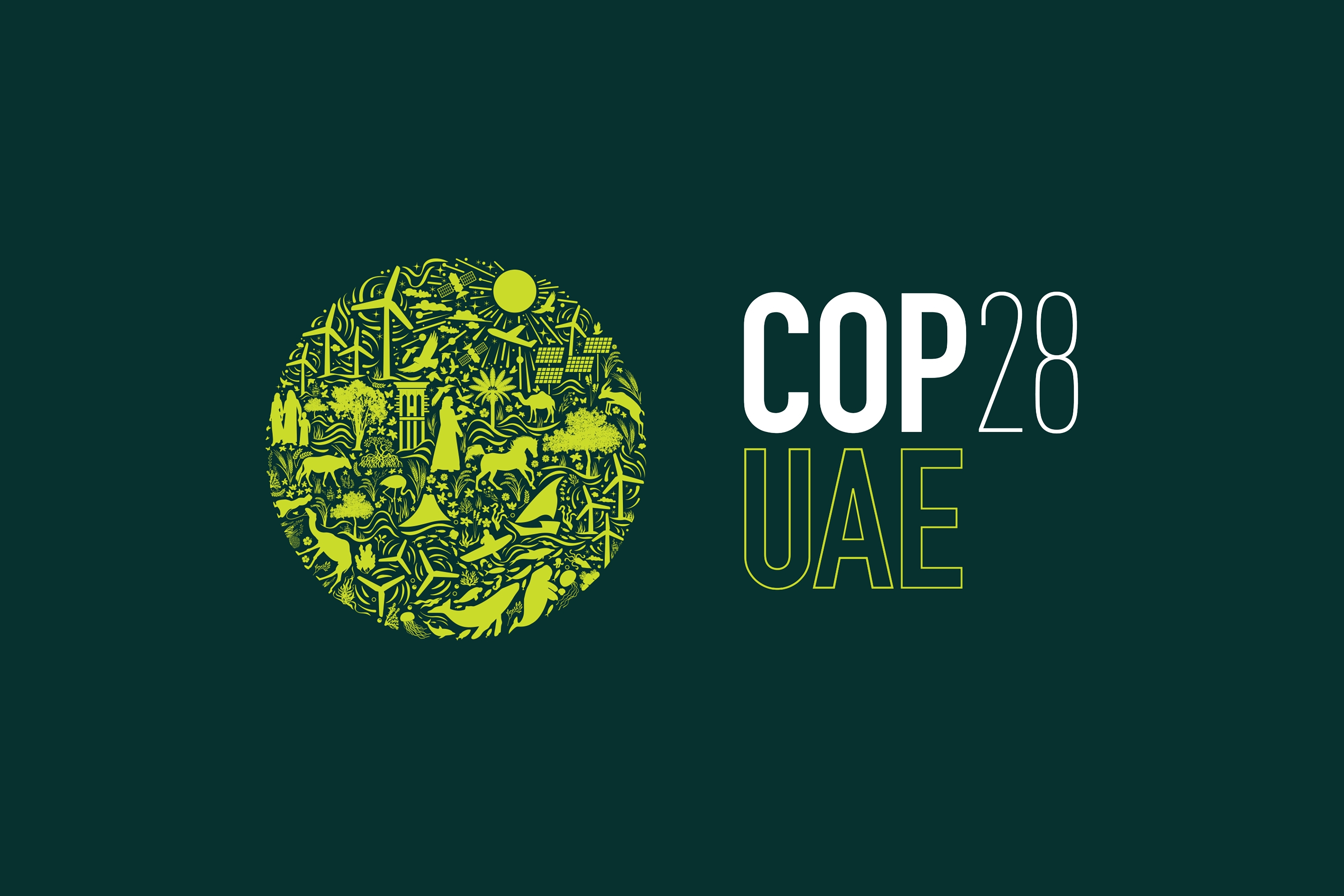COP28: A Tale of Money, Fossil Fuels, and Divisions

“Humanity has opened the gates of hell”, said the UN Secretary General Antonio Guterres during the Climate Ambition Summit, in New York, in September 2023, three months before COP28. The sense of urgency that he conveyed seems shared across the international community.

The past year since COP27 has been extremely busy in terms of multilateral actions and events aiming at addressing climate and more general environmental issues. The year 2022 ended with COP15 on Biodiversity, establishing a Global Biodiversity Framework. It was followed in 2023, by a series of major multilateral climate events, including the Finance in Common Summit in Cartagena (Colombia), and the aforementioned Climate Ambition Summit in United States of America (USA) which took place during a very busy New York Climate Week with over 600 side-events. In parallel, G20 and other countries held discussions regarding the reform of the World Bank, the establishment of new tools to support poor countries confronted with climate-related disasters, or more generally multilateral finance reform proposed by the Bridgetown Initiative. In addition, in Africa, Kenya hosted the first Africa Climate Summit in September, and in October Congo held the Three-Basins Summit, bringing together more than 30 countries from the Amazon, Congo, Borneo, and Mekong basins.
However, it is difficult to see any consensus on climate action emerging from these events, and the climate community seems to be extremely divided. The United Arab Emirates (UAE) COP-president designate, Sultan Al Jaber somehow embodies these divisions. He holds a controversial position as head of UAE’s national oil companies, which led some voices to call for this resignation. A number of issues are also a source of tension. The European Union (EU) and other coalitions are calling for a fossil-fuel phase-out while the UAE and a group called the Like-Minded Developing Countries (LMDCs) which includes China, India, and Saudi Arabia, are advocating a “phase down”. Developed countries, including the EU, are being demanded to ramp up their contribution to climate finance, and more specifically to the Loss and Damage Fund – but the US is reluctant to engage in this. Countries are also moving slowly to update their climate plans, or nationally determined contributions (NDCs), despite the calls from the UAE to submit these by September 2023 -the UAE raised their target by 10 points to lead by example. In the end, the EU seems quite isolated and is losing its influence, while the Global South, especially African countries, is more and more in a position to set the tone and the agenda.

Available in:
Regions and themes
ISBN / ISSN
Share
Download the full analysis
This page contains only a summary of our work. If you would like to have access to all the information from our research on the subject, you can download the full version in PDF format.
COP28: A Tale of Money, Fossil Fuels, and Divisions
Related centers and programs
Discover our other research centers and programsFind out more
Discover all our analysesAI, Data Centers and Energy Demand: Reassessing and Exploring the Trends
The information and communication technologies sector today accounts for 9% of global electricity consumption, data centers for 1-1.3%, and artificial intelligence (AI) for less than 0.2%. The growing energy demands of cloud services first, and now AI workloads (10% of today’s data centers electricity demand), have exacerbated this trend. In the future, hyperscale data centers will gain shares amongst all kinds of data centers and AI will probably account for around 20% of data centers electricity demand by 2030.
Unlocking India’s Energy Transition: Addressing Grid Flexibility Challenges and Solutions
India is rapidly scaling up its renewable energy (RE) capacity, adding 15–20 GW annually, but the ambitious goal of 500 GW of non-fossil capacity by 2030 is at risk unless the pace accelerates.
Europe’s Black Mass Evasion: From Black Box to Strategic Recycling
EV batteries recycling is a building block for boosting the European Union (EU)’s strategic autonomy in the field of critical raw minerals (CRM) value chains. Yet, recent evolutions in the European EV value chain, marked by cancellations or postponements of projects, are raising the alarm on the prospects of the battery recycling industry in Europe.

The New Geopolitics of Energy
Following the dramatic floods in Valencia, and as COP29 opens in Baku, climate change is forcing us to closely reexamine the pace—and the stumbling blocks—of the energy transition.







